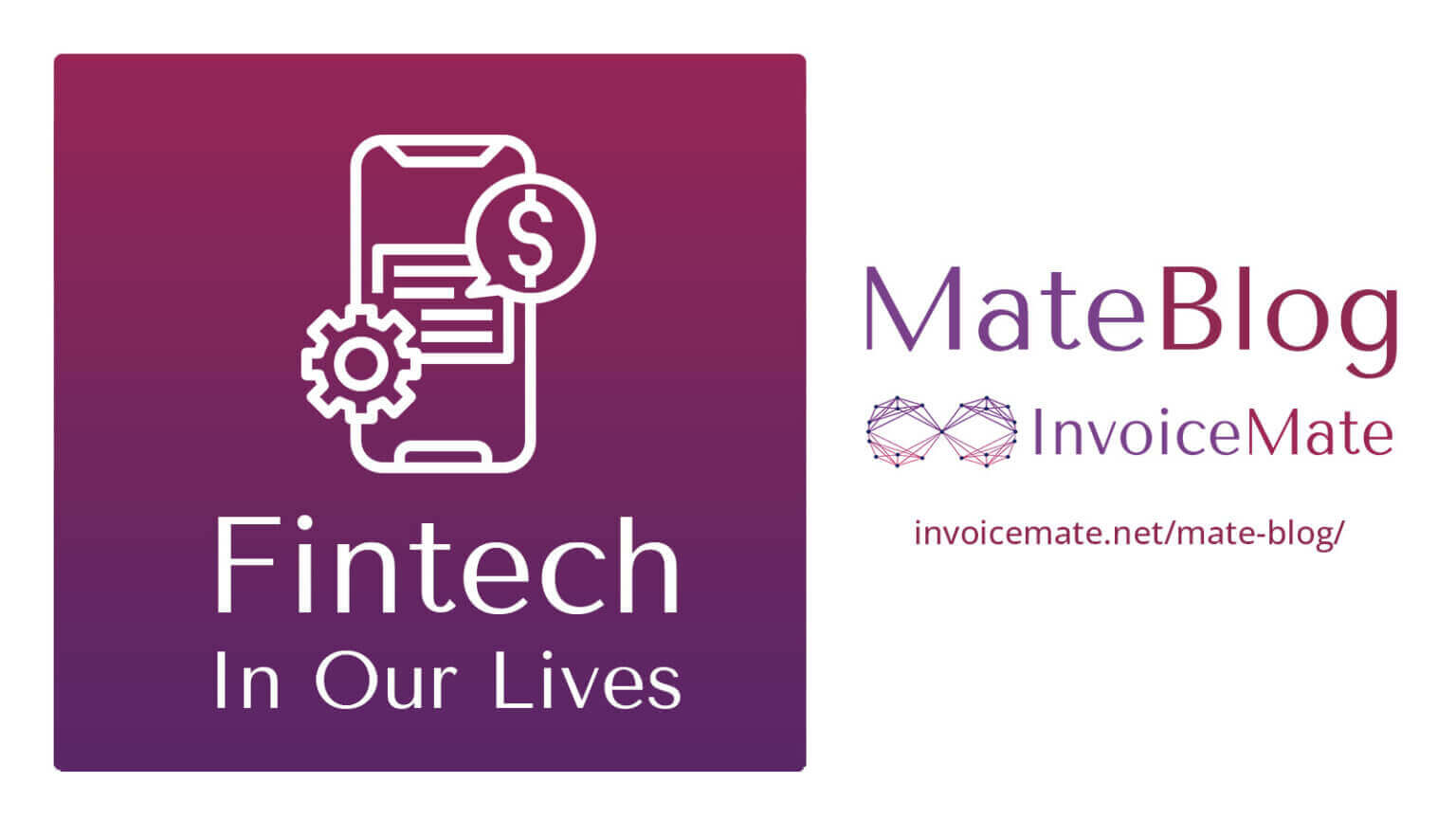Connect With Us

Fintech (Financial Technology) is almost the same as its name suggests. It is about the usage of technology in financial services and products. In the following paragraphs, we’ll be looking at the importance of Fintech in everyday life concerning the use cases.
The evolution of technology has been impactful to almost all the things around us and the financial sector has been no exception to this. Rather, fintech is among the sectors that are benefited most from the evolution of technology. In its essence, Fintech utilizes modern technologies to add value to financial sector services and products. If we look at the anatomy of fintech, it is mainly a tech industry that caters to the requirements of the financial sector.
It is very difficult to classify it as being a financial or tech industry. It can rather be classified as an industry on its own that offers a fusion of technology and financial services. Further elaborating, we can say that the nature of this industry is financial and the tool it uses to enhance the value is technology.
Over the years, fintech has emerged to be a huge industry with a continuous pace of growth. It has expanded a lot and now covers many new areas. With the evolution of mobile internet and smartphone, fintech has seen tremendous growth and outreach.
It won’t be factually incorrect if we say that fintech has revolutionized the lives of many people around the globe. These are the people who could never have the access to conventional banking. People from underdeveloped as well as developing countries are now able to use modern financial products through their mobile devices. According to the Global FinTech Adoption Index by Ernst and Young in 2019 fintech industry saw a global adoption rate of 64% (almost two-third) as compared to the 16% in 2015. The COVID outbreak can be seen as one of the factors behind this surging growth.
Let’s take a closer look at fintech from a consumer’s perspective.
Fintech is the usage of technology to facilitate financial operations, products, and services. Fintech provides both back-end and front-end (consumer-based) solutions. In its early years, fintech was mainly facilitating the legacy financial services with back-end technology implementation, but over the years it has created many new concepts and solutions where it is working on both sides of operations. We have seen fintech working in online payments, ATMs, and money transfers for the last many years. All these use-cases were meant to make legacy banking operations convenient.
In recent years we have seen the emergence of new phenomena like cryptocurrency and branch-less/mobile banking. These new usages of fintech have made the technology side more dominant than before. Blockchain and Artificial Intelligence are already creating new opportunities in Fintech industry. The phenomenal growth of smartphones and mobile data networks has made it possible to pass on the benefits of modern technology to the masses. If we look at modern fintech, it has gone way beyond a mere payment method. Following are the examples of solutions utilizing fintech in everyday life.
Fintech In Everyday Life
Banking
Payments
Cryptocurrency & DeFi
Investments & Trading
Lending
Banking
Though many of the financial services come under the term of banking in a broader meaning here we mean the services that are directly connected to the banks. Fintech facilitates legacy banking services by speeding them up many folds. These include online banking services, ATMs, account-specific Debit/Credit cards, and branchless banking.
Payments
These include payment services that don’t require a bank account. These services include Western Union, Moneygram, Paypal, Stripe, and many more. Prepaid cards can also be included as an example. Digital Wallets are yet another convenient way of financial transactions for the people who shy away from using banking services for one reason or another.
Cryptocurrency & DeFi
Cryptocurrency can be seen as one of the most powerful financial instruments emerging in the last decade. Cryptocurrency is a blockchain-based all-digital currency/asset. It is one of the classic examples of fintech.
Blockchain has also made possible decentralized finance (DeFi) that requires no intermediary financial institution or regulatory body to perform financial transactions among peers. DeFi is making possible cost-effective financial solutions between direct parties that were not possible earlier due to a lack of trust.
Investments & Trading
Fintech has enabled investment opportunities for people who want to invest a small portion of their savings with direct control over their investments. Stash, Acorn, and Robinhood can be cited as examples. Besides small investments fintech has facilitated almost all the stocks/commodity/forex investment and trading businesses at all levels.
Lending
Technology has facilitated the lending industry a lot. It is very easy to sort and verify the borrowers. The lending process is much quicker and easier from the perspective of both lenders and borrowers. Risk assessment, credit rating, and processing everything has become much more easier and efficient with the use of modern technology. Avant, Tala, Affirm and Credit Karma are the few examples of digital lending solutions. Fintech has also made Invoice financing/factoring much easier.
Fintech in Everyday Life
We’ve seen through uses cases that how fintech is changing the lives of the global population by making financial services easily accessible and affordable. The usage of contemporary technologies like blockchain, artificial intelligence is revolutionizing the way things were happening before. Now digital financial mediums are much more reliable, secure, efficient, and faster than before. Above all, due to the internet evolution, they are much more affordable and accessible as well.
In the above examples, we can see the importance of fintech in everyday life and the changes it brings.
